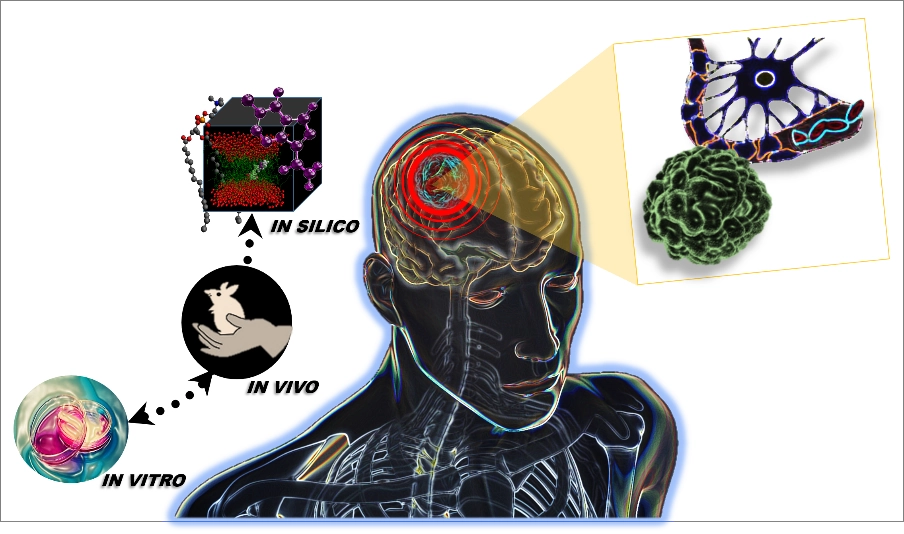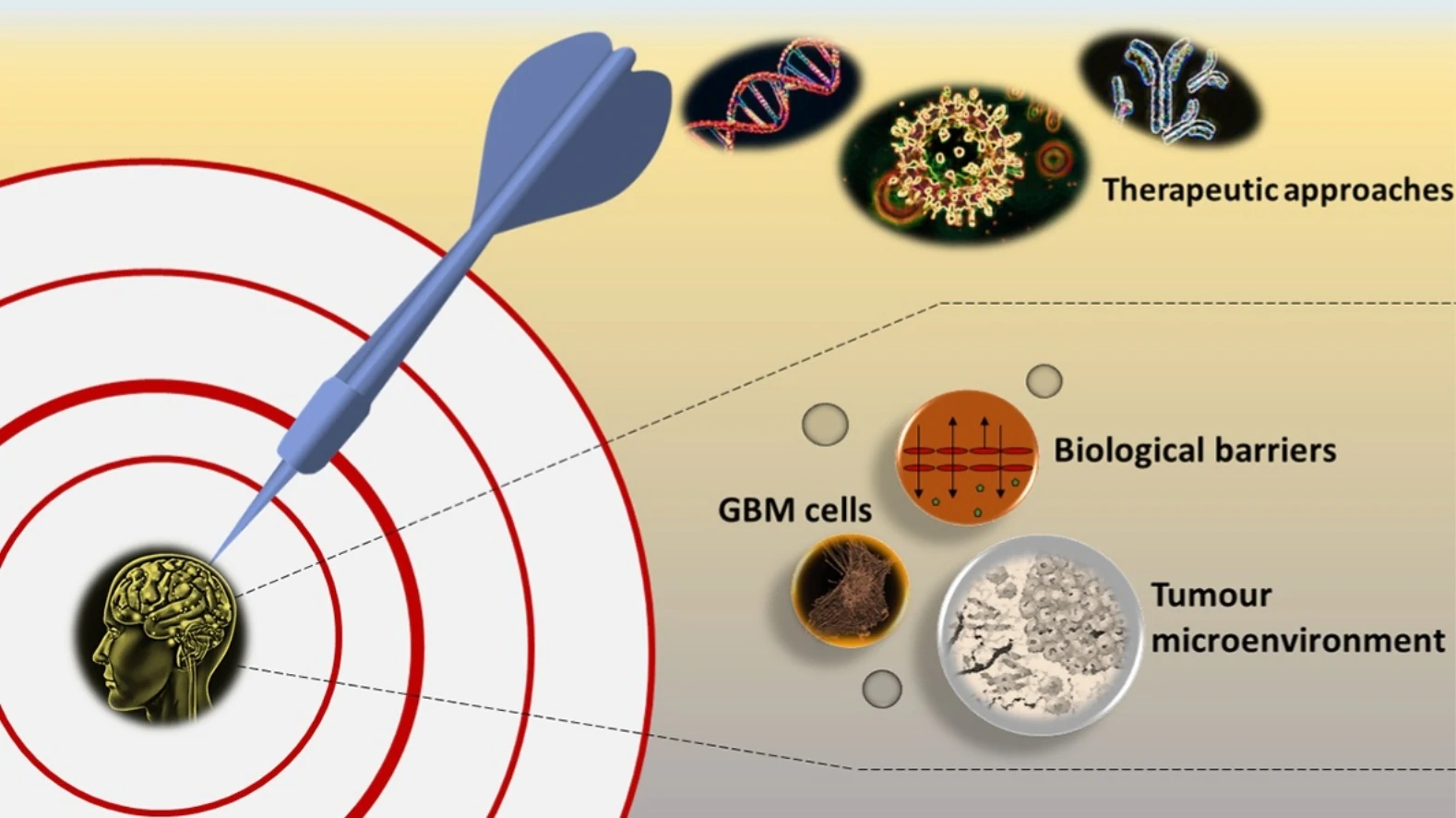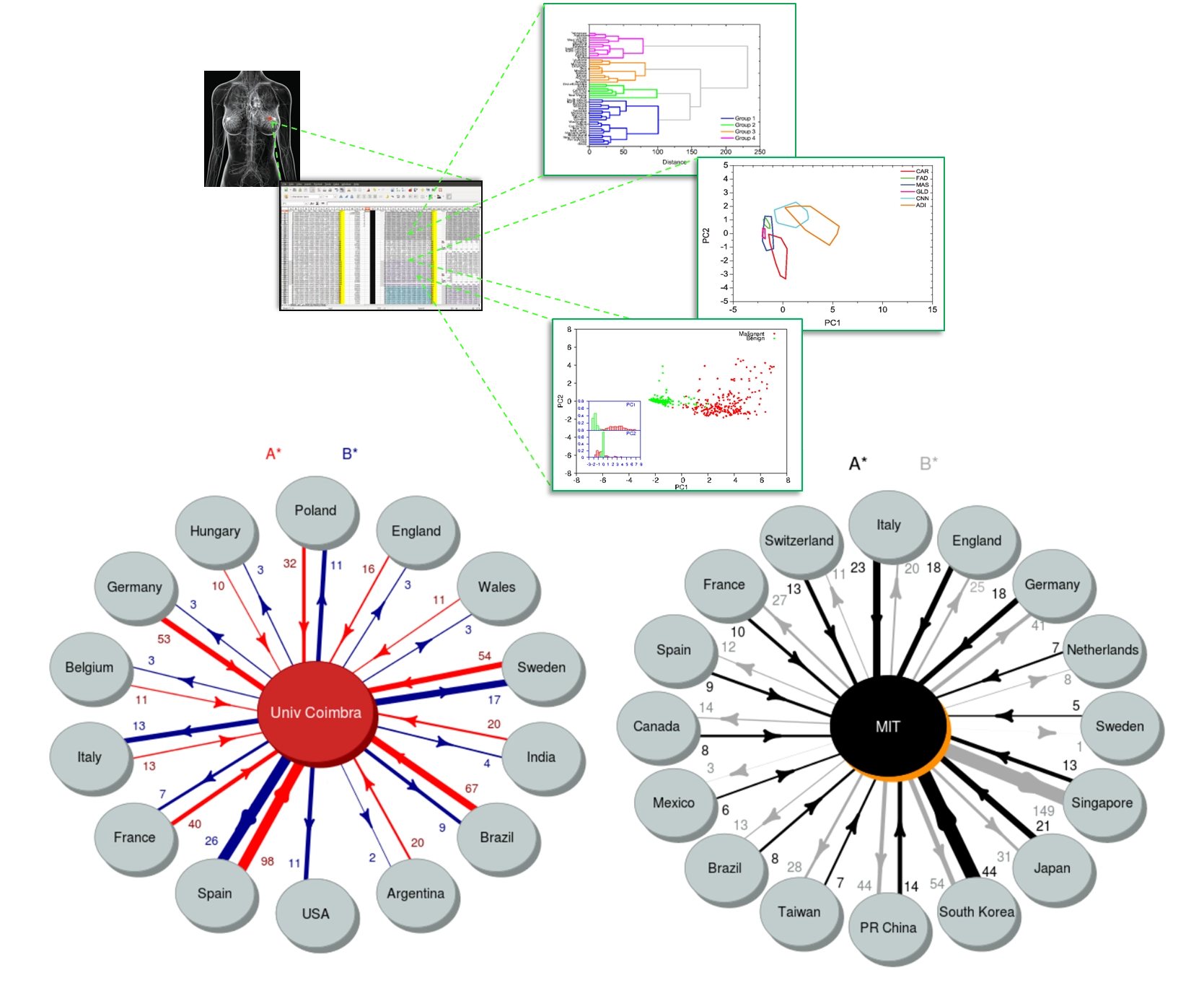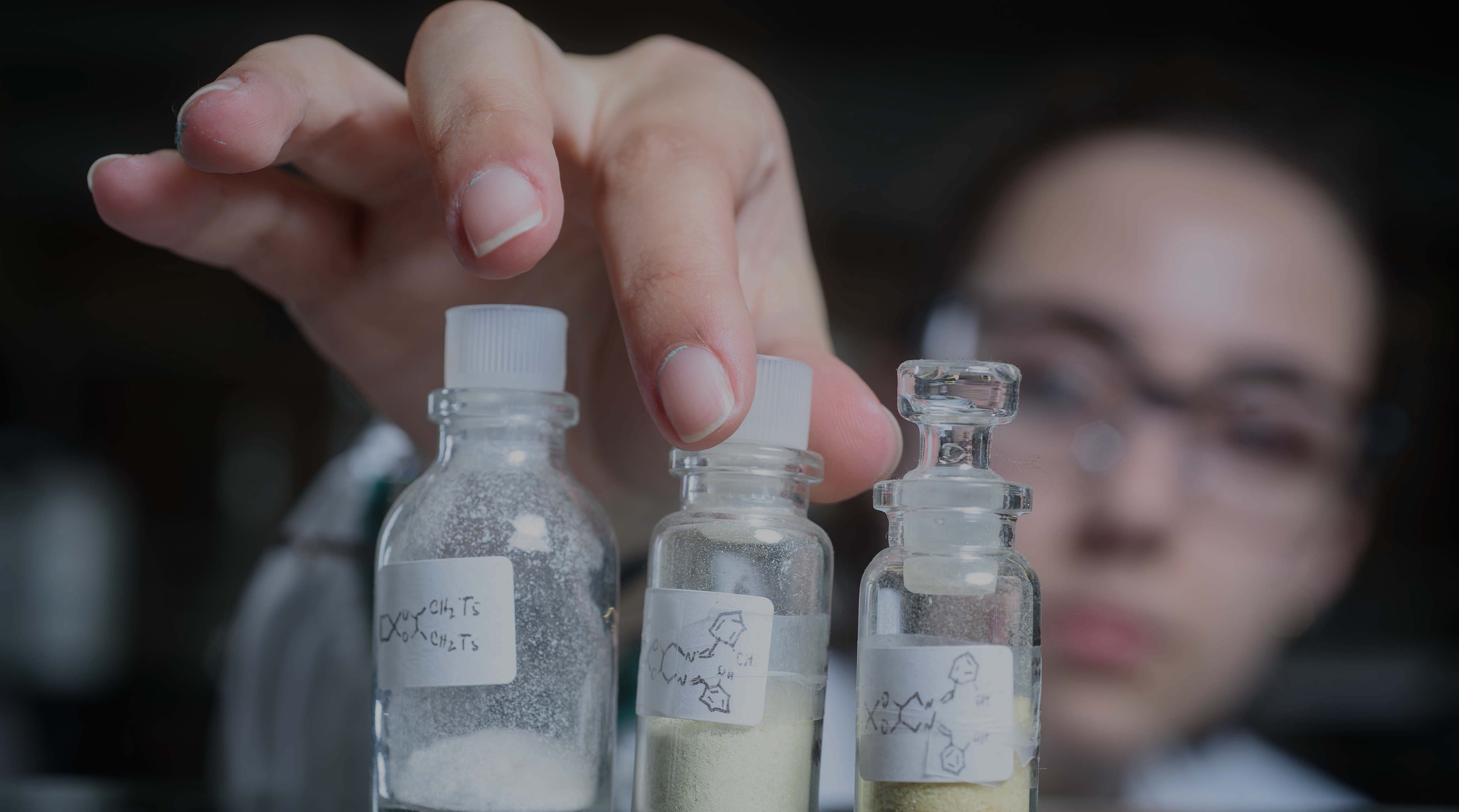Laboratory of MultiComponent Systems

Alberto António Caria Canelas Pais
Full Professor

The MultiComponent Systems Laboratory (MCSys) belongs to the Soft Matter research group of the Coimbra Chemistry Centre (CQC) and is located at the Department of Chemistry of University of Coimbra.
The MCSys Lab was established with the purpose of creating an innovative research and pedagogical environment focused on the study of complex chemical systems composed of multiple interacting components. This multidisciplinary Lab is essential for studying and solving intricate scientific problems that cannot be addressed by examining individual components in isolation.
The MCSys's research spans broad scientific areas, including nanotechnology, biointerface science, drug delivery systems, supramolecular chemistry, chemometrics, and data science, all unified by the central theme of multicomponent interactions.
In MCSys, research methodologies combine experimental studies with advanced computational and modeling techniques. Studies focus on characterizing host-guest interactions for pharmaceutical and environmental applications, the interaction of nanosystems with biomembranes and modulating their respective functions.

The laboratory has pioneered formulations of novel co-encapsulating lipid nanoparticles (SLN and NLC), rigorously tested through comprehensive in vitro and in vivo assessments, including targeted tumor delivery and blood-brain barrier permeation strategies.
Screening of constituents in pharmaceutical formulations, as well as employing Design of Experiments (DoE) and Quality-by-Design (QbD) approaches, are integral to MCSys's research methodology.
 |
 |
Monte Carlo simulations are employed to elucidate adsorption patterns and conformational behaviors of polyelectrolyte-based systems, such as DNA, polyplexes, and DNA origami structures, under various stimuli. The laboratory excels in ab initio calculations and Molecular Dynamics simulations (both atomistic and coarse-grained), essential for mechanistic understanding of synthetic routes, compound and formulation characterization, and polymer interactions with drugs and environmental pollutants.
 |
 |
The laboratory is also developing a strong component focused on predicting the properties and biological activities of selected classes of compounds using machine learning tools. This includes the development of advanced algorithms for chemical systems, bibliometric, and scientometric studies.

The laboratory frequently collaborates with other groups within the CQC (Medicinal Chemistry, Organic Chemistry, and within the Soft Matter group), leveraging these partnerships to explore mutual interests and contribute to synergistic advancements in research.
The MCSys overall goals are:
- Advanced computational models: To enhance understanding of molecular and supramolecular systems through computational techniques, including Monte Carlo and Molecular Dynamics simulations;
- Innovative drug delivery systems: To develop and optimize nanoparticle-based drug delivery systems for targeted therapy and improved bioavailability.
- Pharmaceutical formulation screening and optimization: To employ screening techniques for constituents in pharmaceutical formulations, ensuring safety and efficacy, and to apply DoE and QbD approaches in the formulation and optimization processes, ensuring high-quality outcomes.
- Predictive modeling and Data Science: To advance the use of machine learning algorithms and chemometrics for predicting chemical interactions and properties, thus accelerating the discovery and development of new compounds.
- Interdisciplinary collaboration: To foster strong collaborations within CQC and with external partners, integrating diverse scientific expertise to address complex chemical and biological problems.
The laboratory comprises three Professors, two auxiliary researchers, one postdoctoral researcher, eight PhD students, and several MSc and BSc students.
The laboratory name reflects its core mission of investigating complex systems where multiple components interact synergistically. This focus is critical for advancing knowledge and innovation in areas such as drug delivery, supramolecular chemistry, environmental sustainability, and data science, ultimately driving forward the understanding and application of advanced chemical and biological systems.
